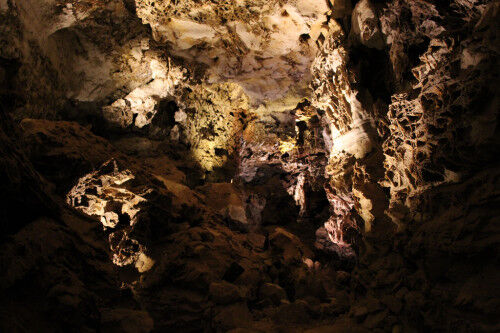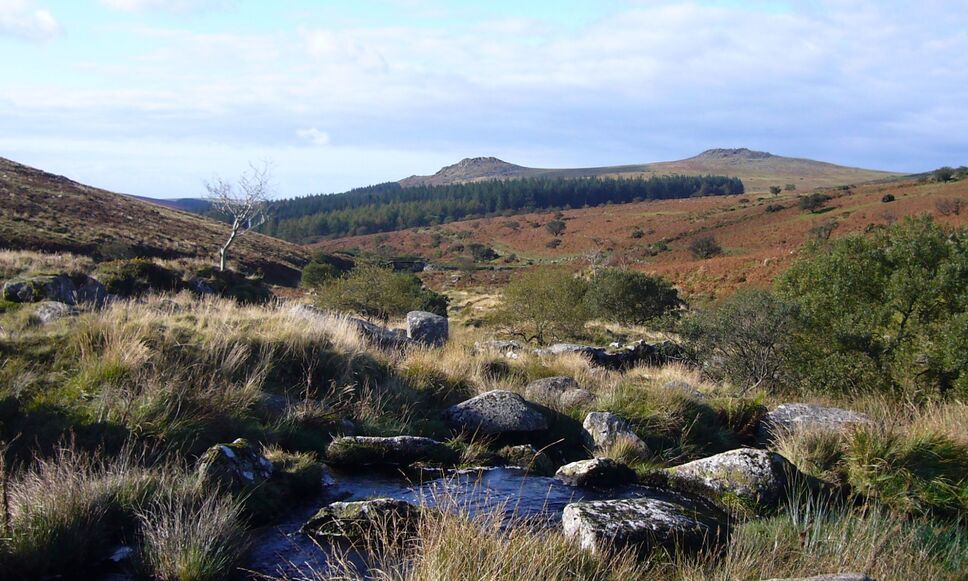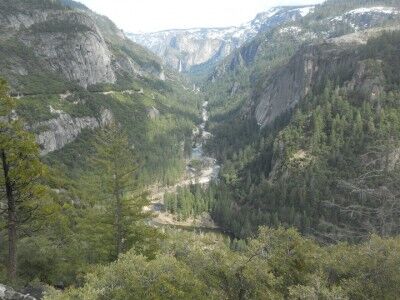
The United States National Park Service (NPS) can keep a secret. In 2004, a worker at Wind Cave national park in South Dakota stumbled upon a new cave in the park. The park service named the cave Persistence Cave but decided to keep the cave a secret from the public to avoid amateur spelunkers from trying to explore, and possibly damage, the cave. The NPS now plans to initiate the excavation of the unexplored Persistence Cave beginning Monday. They hope the information gained will help shed light on the climate changes that have taken place in the region over the last 11,000 years.
In addition to the NPS team excavating the cave will be Jim Mead, a professor at the East Tennessee State University. They are hoping to secure both sediment samples and animal bones from the cave which would offer details regarding the animal species which inhabited the region over the centuries. The team has already done preliminary sample tests at the mouth of Persistence Cave which uncovered the bones of three animal species which had never been known to inhabit the Black Hills area. The three new species found were the pika, the pine marten, and the platygonus.
All the new bones found at the mouth of the cave, along with any new ones excavated during the exploration beginning Monday, will be catalogued and studied. The good news is the study of these 11,000-year-old bones won’t need to be done alone. The scientists plan to study any new finds in conjunction with bones found at the Hot Springs Mammoth Site which is a nearby prehistoric graveyard discovered in the 1970s. The fossils at the Hot Springs Mammoth Site date back 26,000 years allowing the researchers to do quality age comparisons between the two, and noting how the environment and climate have changed in the area since the last glacial period.
For those who want to see the cave, you’re out of luck, at least for now. The NPS is keeping the exact location of Persistence Cave a secret while the excavation and exploration of the cave take place. That begs the question, how did this cave remain unfound for so long when Wind Cave has been explored for more than 100 years? The current theory is that although Persistence Cave is likely linked to Wind Cave, the passage that once connected the two caves has been blocked making it inaccessible to humans from Wind Cave.
(Photo courtesy of daveynin)

